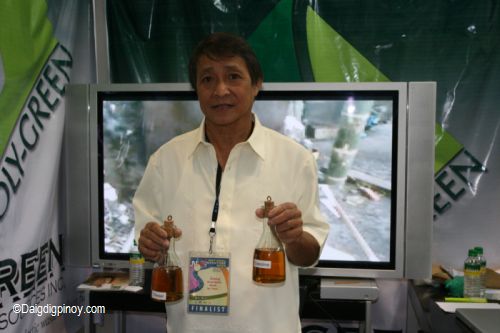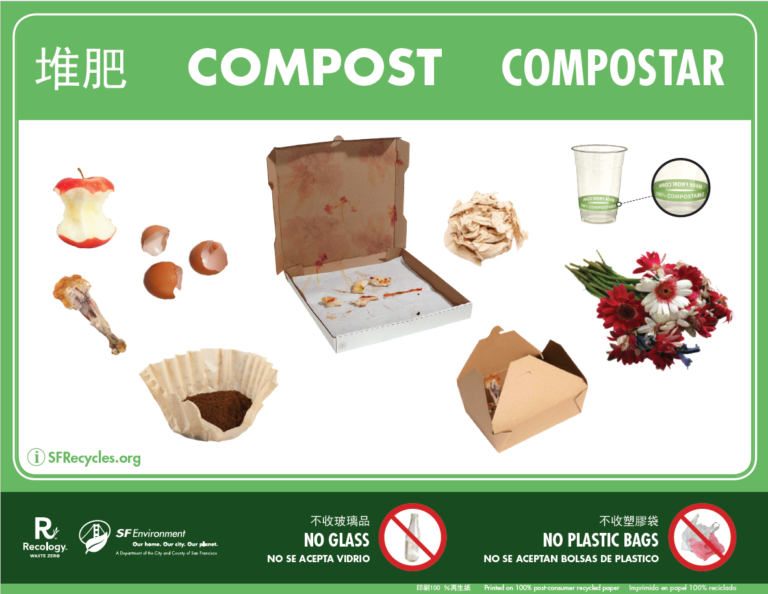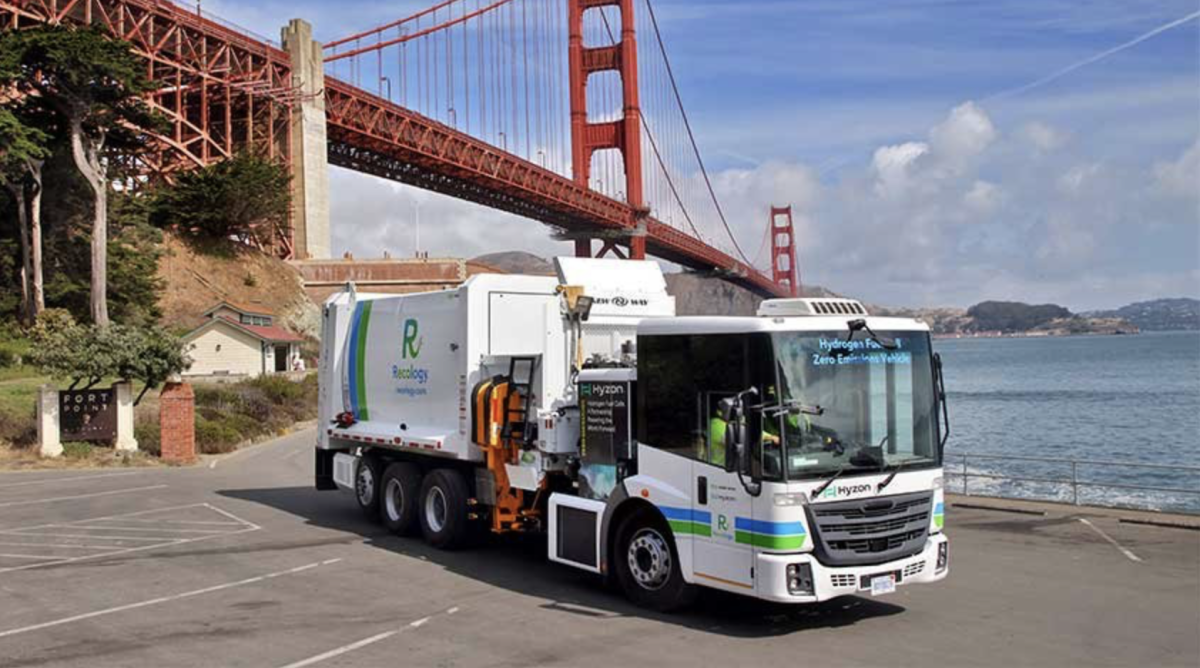Turning plastic to fuel is now a reality.
Jayme Navarro, a Filipino inventor from the town of Bacolod, has found a useful method to turn plastic trash into usable fuel, such as gasoline, diesel, and kerosene. Navarro made this discovery while trying to convert plastic waste, such as plastic bottles, bags, utensils, and such back into their original form.
Science Department Chair Colleen O’Rourke explained,“This innovation is interesting because it takes a resource which is already plentiful across the globe—trash plastic—and turns it into a usable source of combustible energy. It’s a technique that is already widely used in chemical engineering to process material, often as a way of processing material to make it easier to combust and release stored energy.”
O’Rourke continued, “Barbeque charcoal briquettes, for example, are prepared through certain types of pyrolysis to make them easier to light and burn more evenly than just chunks of wood would do. I’ve heard a lot of people suggest and get excited about using plastics for energy, but honestly, it’s an idea that makes me very, very nervous. Plastic is made from fossil fuels, just like gasoline and natural gas, and the majority of our current climate change crises stem from the fact that we are already burning too many fossil fuels.”
She warned, “Burning these fuels which were once trapped in the ground releases a massive load of carbon dioxide into the atmosphere, which increases heat absorption and retention, leading to climate shifts.”
College counselor Melissa Nagar said, “I think this invention is a great idea for two reasons: the depletion of natural resources and the massive amount of plastic waste. I also believe that it’s signi cant that this discovery was made by a Filipino inventor because it demonstrates the creativity and intellect of our people, which isn’t always highlighted in mainstream media or historical texts.”
AP Environmental Sciences teacher Michael O’Brien said, “First of all, this process sounds amazing, and scientifically feasible. It almost seems too good to be true, but the only things that may be stopping it from being implemented is the extreme cost and inefficiency, and how this may affect petroleum companies.”
He added, “On a widespread basis,the first thought would be to provide fuel for fuel depositories, such as gas stations. I have a question, however, that even though this process, this pyrolysis process is “cleaner,” isn’t it still burning fossil fuels? I also think it will drive down the price of gas.”








